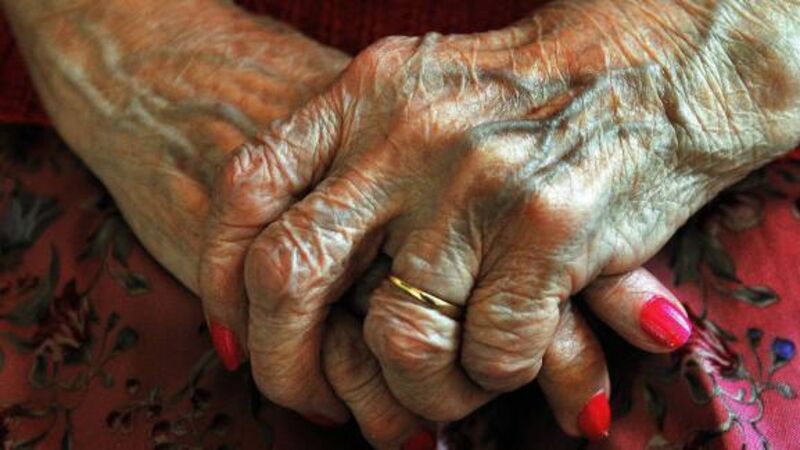Women bear brunt of pension changes

A key commitment that was supposed to offset the impact on women who took time out of work to care for children has not been introduced because it costs too much.
The cuts to the State’s weekly contributory pension were brought in by Social Protection Minister Joan Burton to make it harder for those without a full-time, long- term working history to qualify for a maximum €230-a-week payment. It will hit more than 15,000 people next year.













